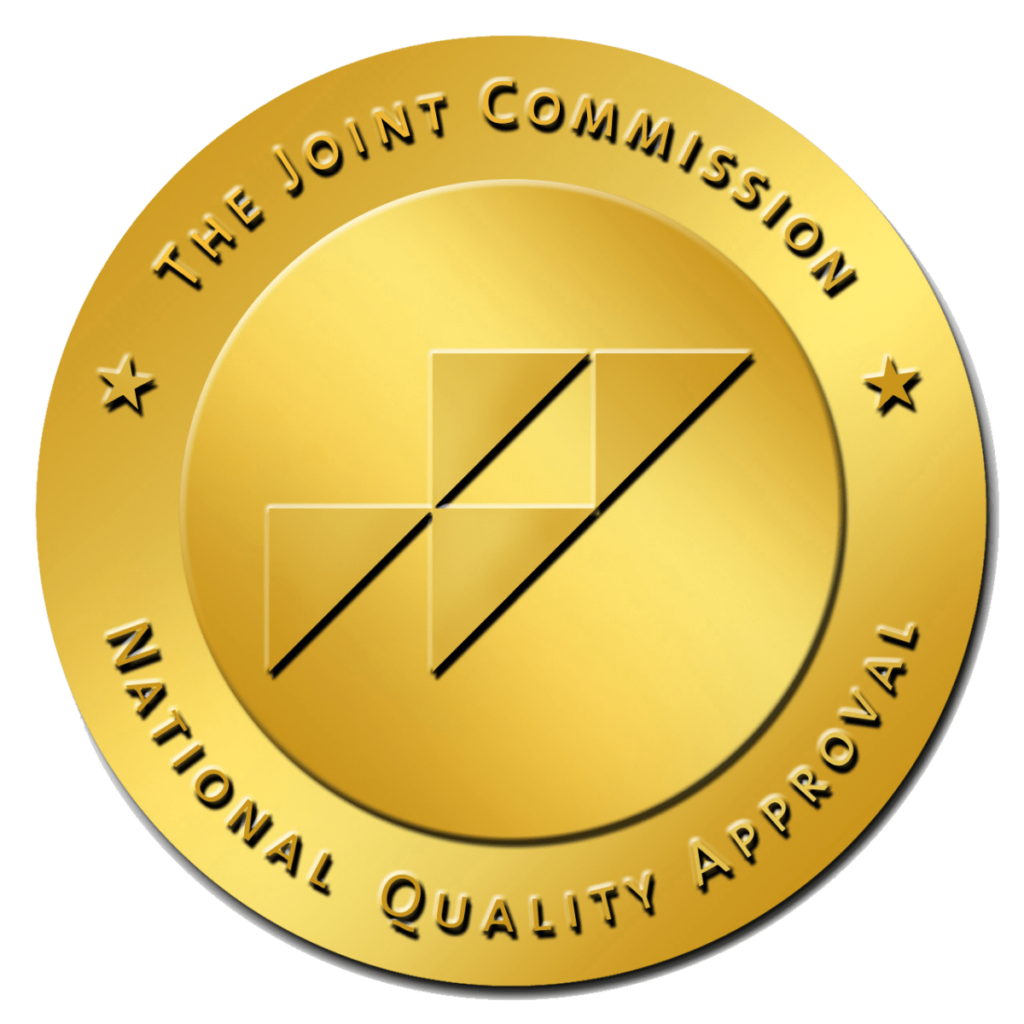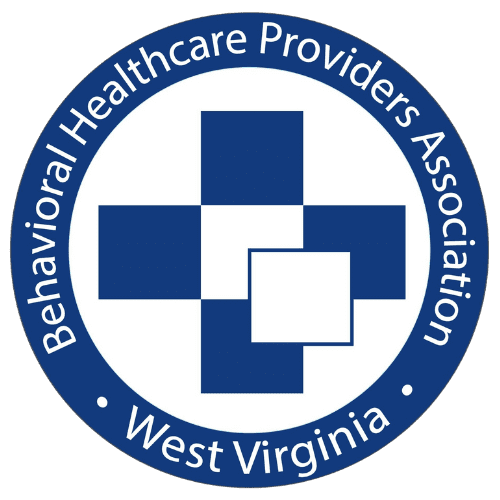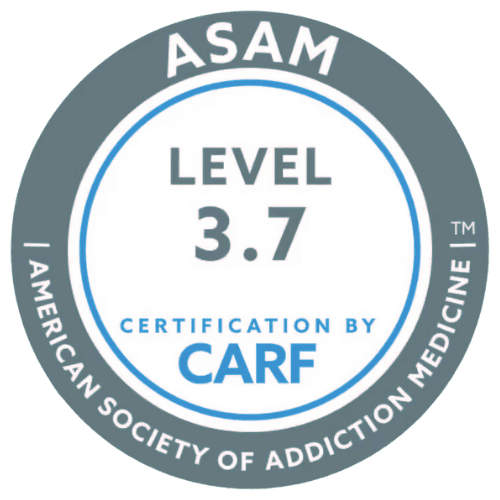Social situations can be a source of worry and stress for anyone. Public speaking is a top phobia for many people. Others may feel anxious when attending large parties or work events. Most people can manage these feelings and continue to participate fully in life despite their discomfort. But for those with social anxiety disorder, the fear is so overwhelming that it starts to compromise their quality of life, leading to isolation or even loss of work or relationships.
What is Social Anxiety Disorder?
Social anxiety disorder, sometimes referred to as social phobia, is a very common mental health condition under the broader category of anxiety disorders.
- Millions of people in the U.S. have social anxiety disorder.
- Typical age of onset is between 11 and 19 years of age.
- Social anxiety disorder involves an intense, persistent fear of being watched, judged, humiliated and rejected by others.
- The condition lasts for six months or more.
- It can manifest in a variety of social settings:
- In a classroom
- During a job interview
- Going to a party
- In a community meeting
- During the work day
- When trying to date
- Interacting with a cashier in a store
For some people with social anxiety disorder, their phobia is triggered in only one or two of the settings above, but for others, any social setting makes them anxious and afraid.
What Might Social Phobia Look Like?
The fear associated with social anxiety disorder can be so intense that it can get in the way of a person going to work, school, or other places where they could encounter triggering experiences, leading to high rates of absenteeism. Other people with social phobia may be able to go to these places, but at the cost of being extremely fearful and stressed while doing so. People with social anxiety may worry for days or weeks ahead of an event that they anticipate could trigger their phobia. Some of the clearest indicators of social anxiety include:
Internal Symptoms
- A racing heart
- The mind going blank
- Sweating
- Nausea
- Dizziness or lightheadedness
External Symptoms
- Blushing
- Trembling
- Tense muscles
- Difficulty with eye contact
- Breathlessness
- Feeling uncomfortable or unable to speak at a clearly audible volume
What Causes Social Anxiety Disorder?
Social phobia may be triggered by several things:
- Having a blood relative with the condition – this can increase the chances of a person developing the condition by two to six times above the risk to people with no socially phobic relatives
- Having an overactive amygdala (portion of the brain that controls fear responses)
- Being bullied, abused, or teased
- Being a shy child
- Having overbearing or controlling parents
- Having a health condition that draws attention to one’s appearance or voice
Negative Outcomes from Social Phobia
As a result of having social anxiety disorder, people are more likely to also:
- Have poor self image
- Experience a lot of negative thoughts
- Become depressed
- Be sensitive to feedback
- Have poor social skills
- Develop issues with substance abuse
Treating the condition right away can prevent the person with social phobia from developing these adverse results.
How is Social Anxiety Disorder Treated?
Like other anxiety disorders, social anxiety can be treated with therapy and medications. There are pros and cons to both approaches:
- The medications used often start to work within a relatively short period of time, but what works for one person with social phobia may not work for another, so it can take time to find the right medication and dosage.
- Medication only treats the symptoms and not the underlying causes, so if a person stops taking the medications, their symptoms may return.
- Therapy can take more time to work than medications.
- The therapies used to treat social anxiety disorder may include cognitive-behavioral therapy (CBT) and exposure therapy. CBT is a type of talk therapy and exposure therapy gradually increases a person’s interaction with their trigger over time as the person slowly becomes more comfortable.
- Therapy addresses the underlying causes of social phobia, so the issues are less likely to return once therapy has been completed.
- Using a combination of medications and therapy is ideal to help a person gain confidence and improve how they interact with other people.
When Should I Seek Help?
If you or someone you love is experiencing unusually high anxiety or fear in social situations, it is important to seek help right away. Failing to treat this condition promptly can lead to other issues that can be avoided with proper treatment.
If you need more information about social anxiety disorder or other mental health conditions, the mental health professionals at Highland Hospital in Charleston, West Virginia, are happy to provide support and assistance.









